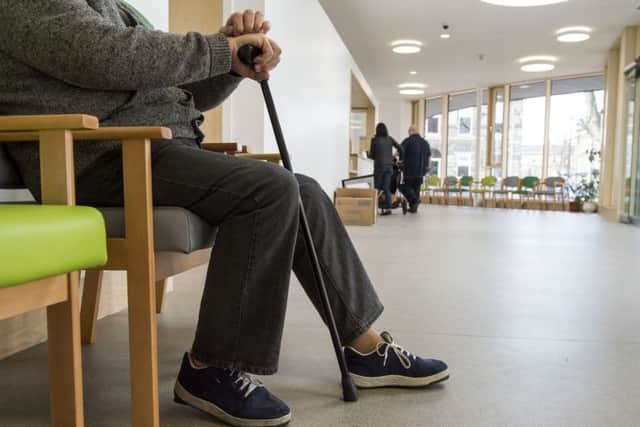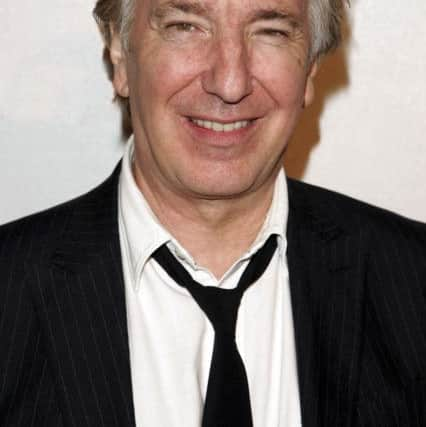Only three per cent of GPs '˜can spot pancreatic cancer signs'


A survey, commissioned by Pancreatic Cancer Action (PCA), also found that nine in 10 doctors believe pancreatic cancer to be a “silent killer” - despite there being a number of clear symptoms.
Pancreatic cancer is the UK’s fifth biggest cancer killer with a five-year survival rate of just four per cent.
Advertisement
Hide AdAdvertisement
Hide AdThe cancer, that British actor Alan Rickman died from earlier this week, is most often diagnosed at a later stage, making it harder for doctors to treat.


Early symptoms of the disease include jaundice, unexplained weight loss, new onset diabetes not associated with weight gain and upper abdominal pain.
The PCA commissioned a survey to try to establish what issues GPs face when diagnosing the disease.
They found that, as well as the low rates in understanding the early symptoms of pancreatic cancer, one in three GP’s found it difficult to refer patients for diagnostic CT scan.


Ali Stunt, chief executive at Pancreatic Cancer Action, said: “It’s interesting to see how many GPs do not feel confident about the symptoms of pancreatic cancer.
“With access to diagnostic tests also an issue; there are clearly many barriers that still need to be overcome to ensure patients are diagnosed at the earliest stage, and in time for life-saving surgery.
“Early diagnosis is vital to improving the survival statistics for pancreatic cancer. While no early detection test exists, more awareness of the signs and symptoms of pancreatic cancer will have the greatest impact on saving lives.
“The results from the survey suggest that more work is needed to educate GPs and the public on identifying the symptoms of pancreatic cancer, and to highlight that pancreatic cancer can be symptomatic in the early stages,” she added.
For further information on pancreatic cancer and its symptoms, please visit www.pancreaticanceraction.org
